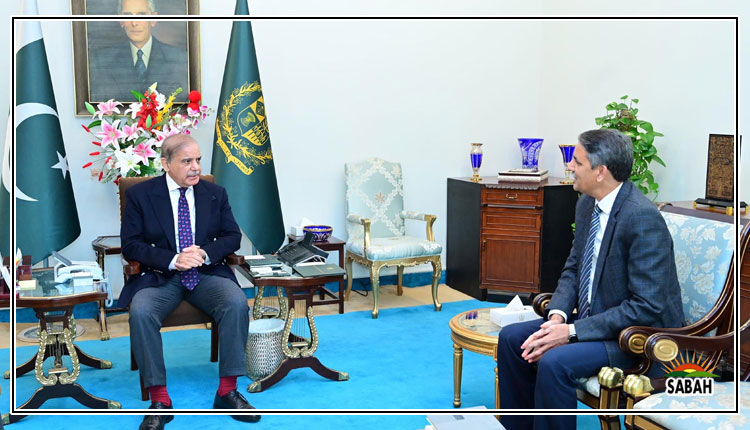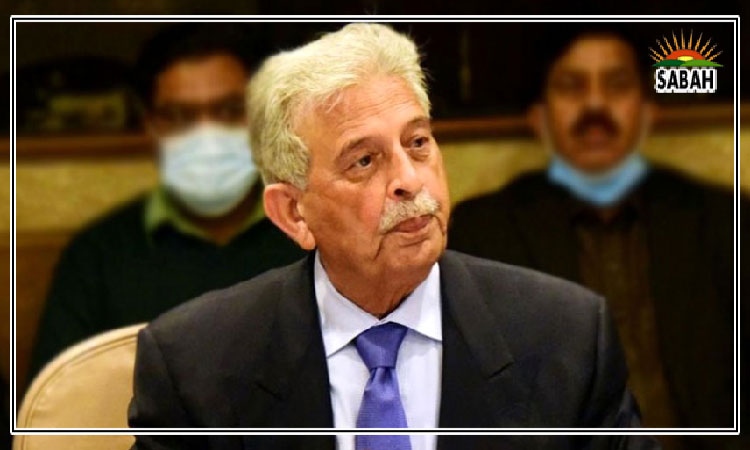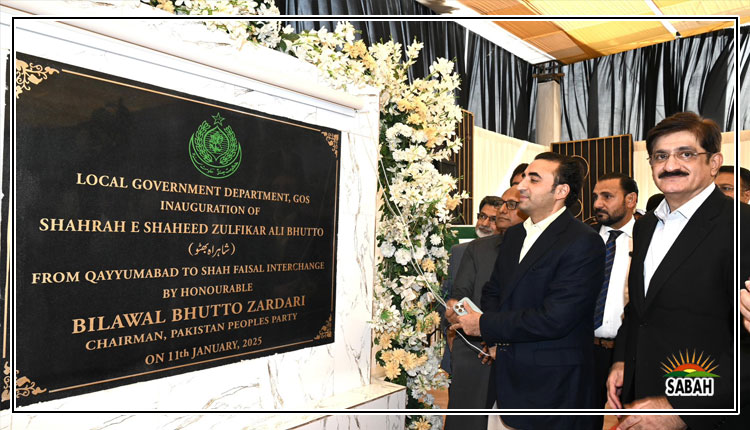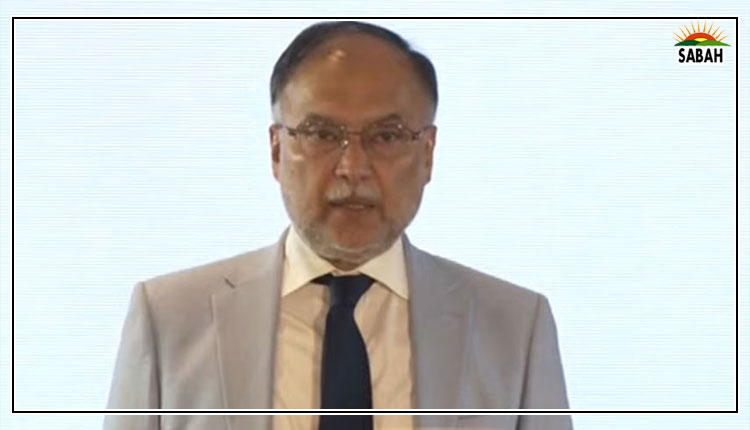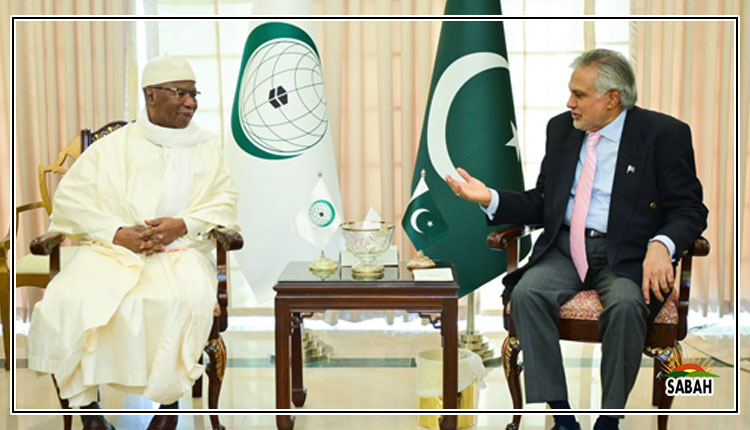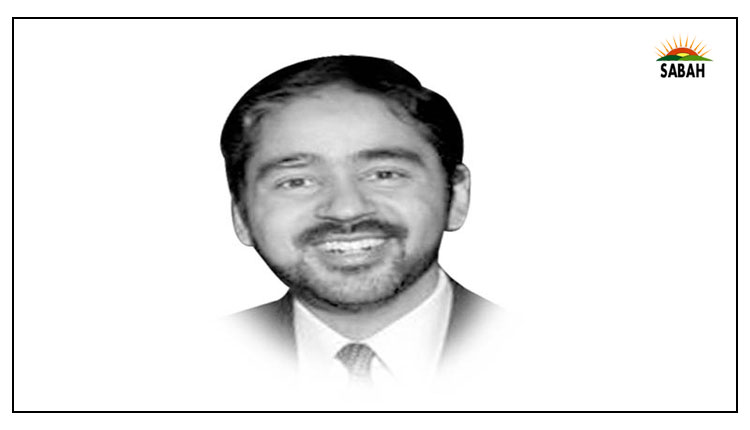A journey of exploitation…Muhammad Hamid Zaman
Not too far from Sarajevo city centre are a couple of migrant camps run by UN International Organization for Migration (IOM). I was there last week. One was for families, women and unaccompanied children, and the other for single men. Both represented the harsh realities and injustices of our world. I saw in those camps, hundreds of people who were trying to reach EU (or England) after complex and painful journeys because of the difficult situation in their own countries. There were children who looked like my own in those camps and I could not imagine the experiences of these young souls. How hard must it be for their parents to see their children walk with little food, ill-fitting shoes and torn clothes for days on end, sleeping in conditions no person should ever sleep in. I could not imagine. They are not to be blamed for wanting a better and a safer future. It is not their fault that they were born in countries that were affected by conflict, global power politics and local corruption.
In the last few years, migration through the Balkans, particularly Bosnia, has become more common. Many of the people in the IOM camps in Bosnia had travelled for weeks, sometimes several months in cramped trucks, unstable boats and on foot, traversing thousands of miles. They were not planning on staying in Bosnia but trying to reach EU through Croatia. Families and men from Afghanistan represented a large group of people in those camps, but Pakistanis were not far behind. In the not too distant past, Pakistanis in IOM camps in Bosnia have been the largest group. While some are fleeing religious persecution (e.g. Hazara), many are just tired of economic injustice and have realised that their future in the country is a dead end. There are many who are also duped by human traffickers and smugglers who promise them a better life outside the country. Human smuggling is big money, and a well-coordinated global operation. It is also thriving in many parts of Pakistan. The smugglers promise a path to Europe and in return get tens of millions of rupees, sometimes even more. The stories of people selling everything that they have, for a chance to be on that boat in the Mediterranean or on that vehicle that reaches Serbia or Bosnia, are not uncommon. Those who are able to reach the camps in Bosnia almost always know of others who did not make it and died on the way. Diseases are common, but so is harassment, assault and violence by the smugglers. Those who become unfit for harsh conditions are left on the mercy of fate.
It is deeply troubling that human trafficking and smuggling from Pakistan has not gotten adequate attention by the state or by the media. There were some murmurs about cracking down on human smuggling after the recent tragedy off the coast of Italy that included a national hockey player, Shahida Raza. But like everything else that involves poor people and their fate, this disappeared quickly. Federal law enforcement agencies have remained uninterested in the topic. Is it because we are fine with a few thousand poor people being smuggled out of the country every year? After all, as the census shows we have too many people in the country already. Or is it because cracking down on human smuggling may unearth some things that we would rather leave buried? The media has little interest in looking at the problems of the poor people either. For them, audio leaks between extended families of the powerful are the latest fixation but the attitude of negligence and apathy is not new.
Too often those who take extraordinary risks to leave the country are viewed as foolish or ungrateful. They are neither. They are citizens of a country that doesnt care much about their welfare or their potential. Rather, it leaves them on the mercy of smugglers and traffickers to embark on a journey of exploitation and make a future in unfamiliar lands.
Courtesy The Express Tribune



